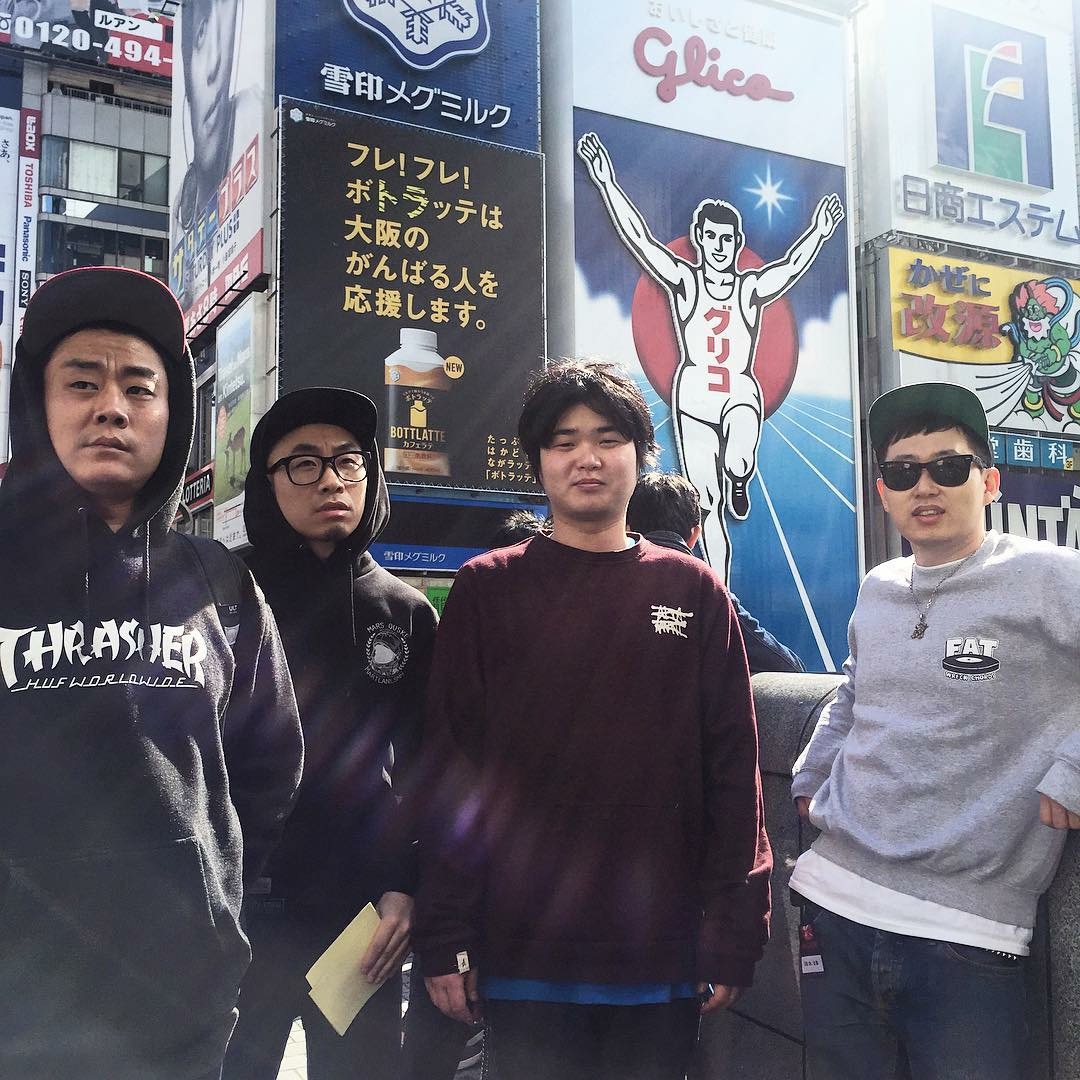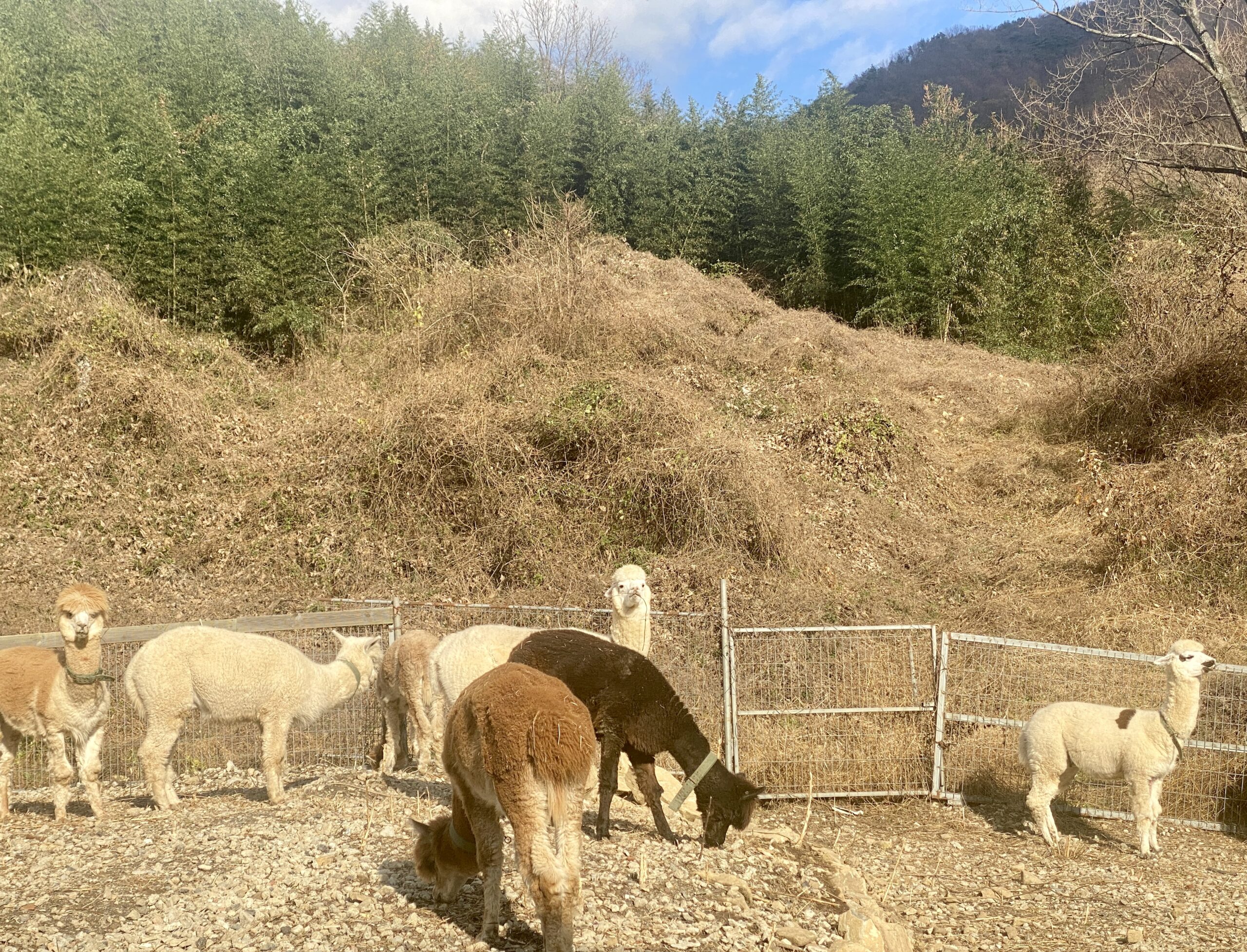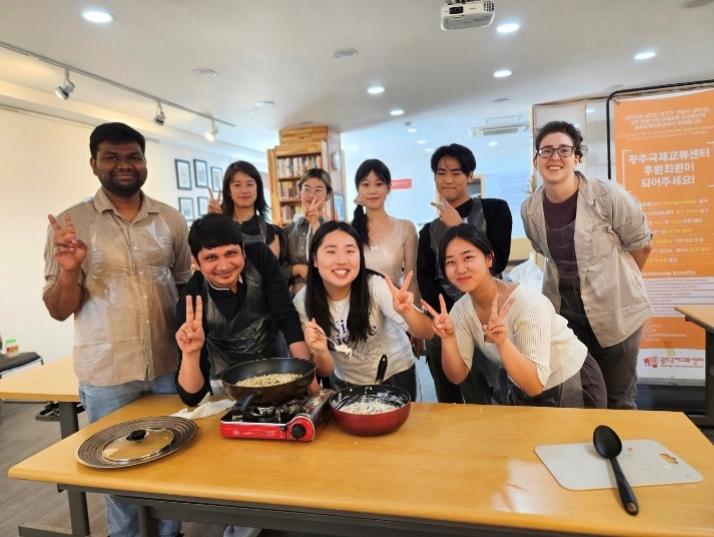Portrait of a Muslim in Korea
Islam is the second-largest religion in the world, with 1.57 billion adherents and 50 Muslim-majority countries throughout the world. In Korea, however, Muslims make up less than 1 percent of the population. The majority of Muslims in Korea are both ethnic and religious minorities: only about 45,000 of the more than 120,000 Muslims are of Korean descent. Other Muslims consider Indonesia, Pakistan, Bangladesh, India, and others as home, coming to Korea to study or work.
Mosques play an integral role in community organization. Mosques do much more than perform mass prayers; they also serve as the centers for those who want to learn and revert to Islam, host religious lectures, hold wedding solemnizations, sell halal food, arrange Quranic lessons and organize Islamic festivals.
Anie Farahida “Farah” Omar is a PhD student at Chosun University, studying human rights law. Originally from Malaysia, she came to Gwangju in 2014, having spent a year studying Korean in Incheon.
Farah has experienced numerous reactions from Koreans based on her ethnicity and religion. Farah states she is unfazed though because she is used to discussing religion more openly and deeply. “Malaysia is a true religious melting pot,” she said. “In fact, religions have very important roles in our daily lives and are part of legislations too.”
As far as halal products, Farah said that the choices are fewer and more expensive, but she makes it work. “Since I enjoy cooking and baking, I sell halal cakes and bread to my friends. There were complaints that it is difficult to find halal bread or cakes here.”
Discrimination, however, can be more serious than lack of food options or street evangelism attempts. Farah recalled an incident in which she had a serious toothache and needed a root canal that was not covered by her health insurance. She told the dentist that she could pay the bill herself, but instead of restoring her tooth with a crown, he gave her a filling and told her to go to another clinic, because he was worried that she could not pay the bill in cash.
Instead of addressing how Gwangju could be a more inclusive city for Muslims, Farah chooses to focus on how the Muslim community can make itself more significant to the people of Gwangju. According to her views, the obligation is with the Muslim community to put itself on the map. “I was lucky that I had a chance to live in Incheon before, where the Muslim community is always on the go, providing services and helping people. The Muslims there do not just focus on organizing religious functions, but also manage to penetrate the economic region,” she said.
“For instance, with the involvement of the Korean government, the first Halal Expo Korea was held this year. From one big Muslim society, they also have smaller groups divided according to the county. For example, Amir Korea is a group consisting of Malaysian students. Earlier they organized Islam Sarangheyo’s campaign and promoted the experience of hijabi women by giving non-Muslim ladies [the chance] to wear the same.” Being able to wear a hijab, even briefly, could be an eye-opening experience for a non-Muslim in Korea. Rather than letting other students wonder about the hijab, Amir Korea took the initiative to teach others about their culture and customs. For the Gwangju Muslim community, Farah said, “I wish we can do the same here too, even better.”
Farah’s decision to come to Korea was not an easy one. She had received a scholarship offer in Turkey. However, Farah wondered how it felt to be a minority, where her opinions and beliefs would be heard less and even challenged. “I’m a Malay Muslim living in Malaysia,” she explained. “As an Islamic country where Malays are the majority, we have a lot of privileges in our favor. Our voices are heard and are taken into serious consideration.”
After two years of living in Korea, she admits that it has not been easy at all. “I am doing my best to stick with my belief practices and at the same time blend myself in with the Korean lifestyle,” she said. “I consider myself as lucky because Korea is generally a safe country.”
Farah has clearly noted that no one has ever prevented or disturbed her from performing her daily prayers, or forced her to have something when she had to refuse due to her religious beliefs. She appreciates that Korean people are often helpful and do not pry into her beliefs, even when they do not understand them.
Farah’s experience shines hope for the growing Muslim community in Gwangju. By taking the initiative to engage Korean society, learning from successful communities in other cities and making do with available products, Farah has created an Islamic-Korean fusion life with purpose: “By bringing myself to Korea, it has strengthened my faith in Islam and I cannot express how grateful I am to be a Muslim.”




